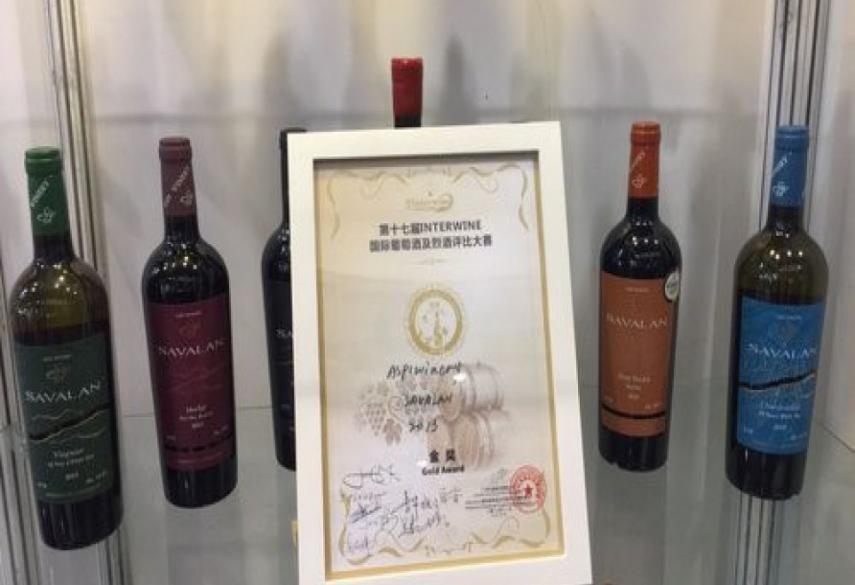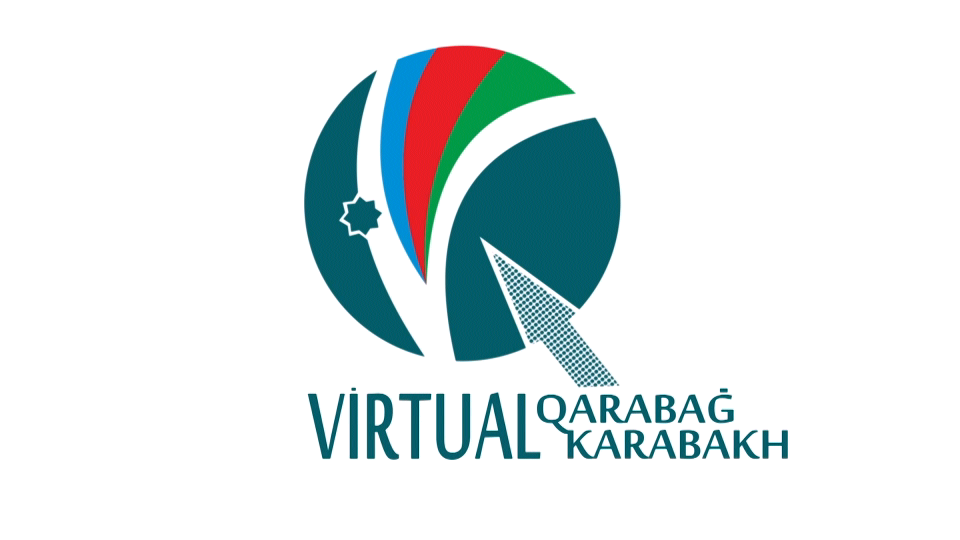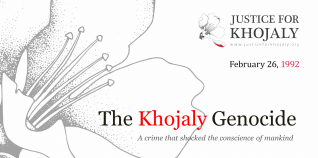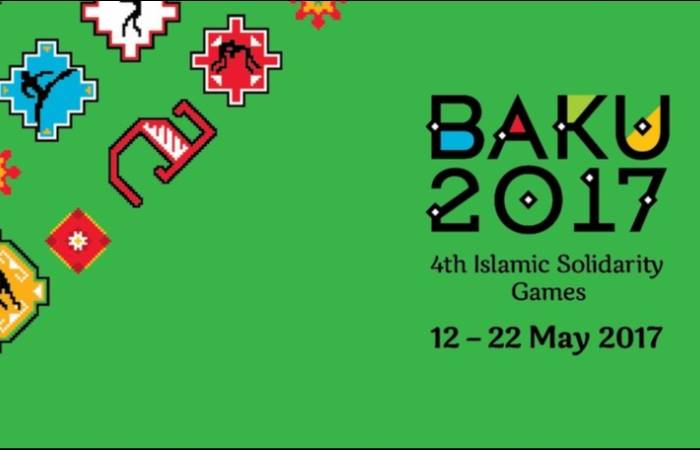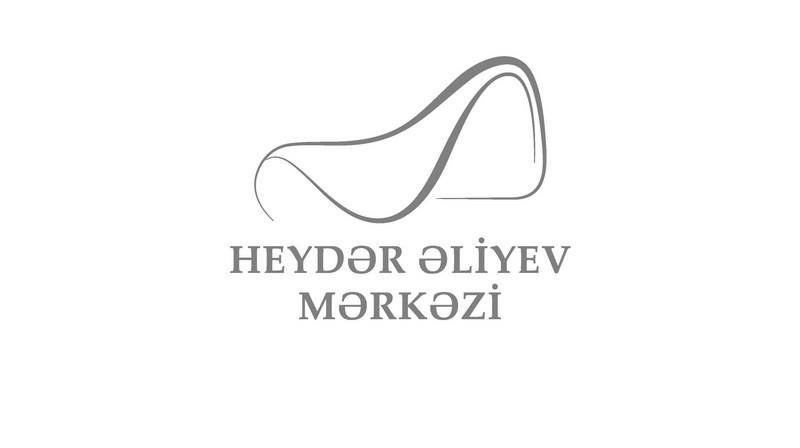Khojaly tragedy not adequately assessed by world community - Lithuanian Seimas
 The tragedy in the Azerbaijani town of Khojaly has not been adequately assessed by the world community yet, the members of the Lithuanian Seimas (unicameral Lithuanian parliament) appeal in connection with the 23rd anniversary of the Khojaly genocide says, the Azerbaijani embassy in Lithuania reported Feb. 24.
The tragedy in the Azerbaijani town of Khojaly has not been adequately assessed by the world community yet, the members of the Lithuanian Seimas (unicameral Lithuanian parliament) appeal in connection with the 23rd anniversary of the Khojaly genocide says, the Azerbaijani embassy in Lithuania reported Feb. 24.
Around 51 members of the Lithuanian Seimas adopted the appeal in connection with the 23rd anniversary of the Khojaly genocide, the statement said.
Around 26 MPs who signed the appeal represent the Social Democratic Party, having the majority in the ruling coalition. The rest are members of the opposition "Union of the Fatherland" - the Christian Democrats and members of other parties.
"The Nagorno-Karabakh conflict is one of the most tragic conflicts in the history of the twentieth century, which ruined the lives of millions of Azerbaijani citizens,” the statement said.
“As a result of the conflict, the fifth part of the territory of Azerbaijan - Nagorno-Karabakh region and seven surrounding districts were occupied by the Armenian armed forces. Over one million Azerbaijani people became refugees in their own country. The UN Security Council adopted four resolutions (No 822, 853, 874, 884) envisaging the Armenian armed forces’ withdrawal from the Azerbaijani lands. However, these resolutions have not yet been fulfilled."
The 23rd anniversary of the Khojaly genocide will be marked on February 26, 2015. It was the result of the Armenian armed forces’ hostilities against the civilian population of the Azerbaijani town. Around 613 people were killed there, the appeal said.
"The massacre of hundreds of Azerbaijani civilians in the Azerbaijani small town of Khojaly is one of the worst crimes against humanity,” the appeal said. “The cold-blooded shelling of Khojaly residents who tried to leave it via a humanitarian corridor led to numerous victims. Most of them were elderly, women and children. The Khojaly events are one of the most terrible tragedies of the twentieth century. However, despite the Khojaly events have been reflected in the publications of the international media and the reports of the international human rights organizations, such as "Human Rights Watch", they have not been adequate assessed by the international community yet."
"On behalf of the Lithuanian Seimas group on interparliamentary relations with Azerbaijan, we express our deepest condolences to Azerbaijan, the nation in connection with the Khojaly tragic events,” the statement said.
“We condemn any actions directed against humanity. The Republic of Lithuania has always supported the territorial integrity of the Republic of Azerbaijan and urges to comply with the resolutions of international organizations to withdraw the Armenian troops from the territory of Azerbaijan."
The conflict between the two South Caucasus countries began in 1988 when Armenia made territorial claims against Azerbaijan. As a result of the ensuing war, in 1992 Armenian armed forces occupied 20 percent of Azerbaijan, including the Nagorno-Karabakh region and seven surrounding districts.
On February 25-26, 1992, the Armenian armed forces, together with the 366th infantry regiment of Soviet troops stationed in Khankendi committed an act of genocide against the population of the Azerbaijani town of Khojaly.
As a result of the massacre, some 613 people were killed, including 63 children, 106 women and 70 old people. Eight families were totally exterminated, 130 children lost one parent and 25 children lost both. A total of 487 civilians became disabled as a result of the onslaught. Some 1,275 innocent residents were taken hostage, while the fate of 150 people remains unknown.
The two countries signed a ceasefire agreement in 1994. The co-chairs of the OSCE Minsk Group, Russia, France and the U.S. are currently holding peace negotiations. Armenia has not yet implemented the U.N. Security Council's four resolutions on the liberation of the Nagorno-Karabakh and the surrounding regions.






